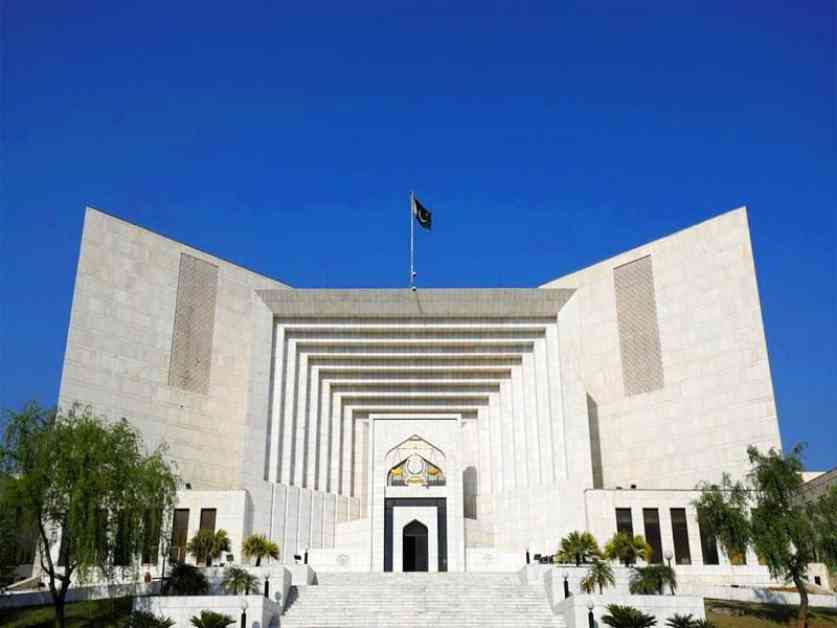Supreme Court Petition Challenges Presidential Authority in Judges’ Seniority Dispute
A recent development in the legal realm has sparked controversy as the Islamabad High Court Bar Association (IHCBA) filed a second petition in the Supreme Court, contesting the president’s power to transfer judges without a clear public interest rationale. This petition, lodged under Article 184(3) by Bar President Riasat Ali Azad, questions the unlimited authority granted to the president under Article 200(1) of the Constitution regarding the reassignment of judges between high courts. The crux of the argument put forth by the IHCBA is that judicial transfers should only be carried out in the interest of the public.
Challenging the Status Quo
This latest legal maneuver comes on the heels of a previous petition initiated by five judges of the Islamabad High Court (IHC), who also raised concerns about judicial transfers and their implications for seniority. Led by senior lawyers Munir A. Malik and Barrister Salahuddin, the judges invoked Article 184(3) in their 49-page constitutional petition to contest the alleged misuse of Article 200(1) by the President of Pakistan. As per their argument, the president’s actions in transferring judges have encroached upon the authority of the Judicial Commission and lack a necessary public interest component.
The crux of the judges’ plea lies in their assertion that the current practice of judicial transfers violates the norms outlined in Article 175(A) of the Constitution, which only permits temporary reassignments. Moreover, the petitioners have raised concerns about the impact of these transfers on the established seniority list within the Islamabad High Court, arguing that such actions run counter to the spirit of Article 194 and the Constitution’s Third Schedule. Specifically, the appointment of Justice Sarfraz Dogar as acting Chief Justice of IHC has come under scrutiny, with critics highlighting his brief tenure before assuming a leadership role as a point of contention.
Call for Judicial Integrity
In a bid to safeguard the integrity of the judiciary, the petitioning judges have called for a reevaluation of the current seniority list at the Islamabad High Court, emphasizing the need to uphold constitutional principles in the administration of justice. Justices Mohsin Akhtar Kayani, Babar Sattar, Tariq Mehmood Jahangiri, Saman Rafat Imtiaz, and Sardar Ejaz Ishaq Khan have taken a stand against what they perceive as a breach of constitutional protocol, urging the Supreme Court to intervene and rectify the situation.
One of the key contentions raised in the petition is the failure of transferred judges to undergo a fresh oath-taking ceremony, which the petitioners argue is a violation of constitutional norms. According to their interpretation, a judge’s seniority should be determined by the high court where they initially take their oath, and any alterations to this process through transfers represent an unwarranted interference in the institutional framework of the Islamabad High Court. As the legal battle unfolds in the hallowed halls of the Supreme Court, the fate of judicial transfers and their implications for the broader legal landscape hang in the balance.









